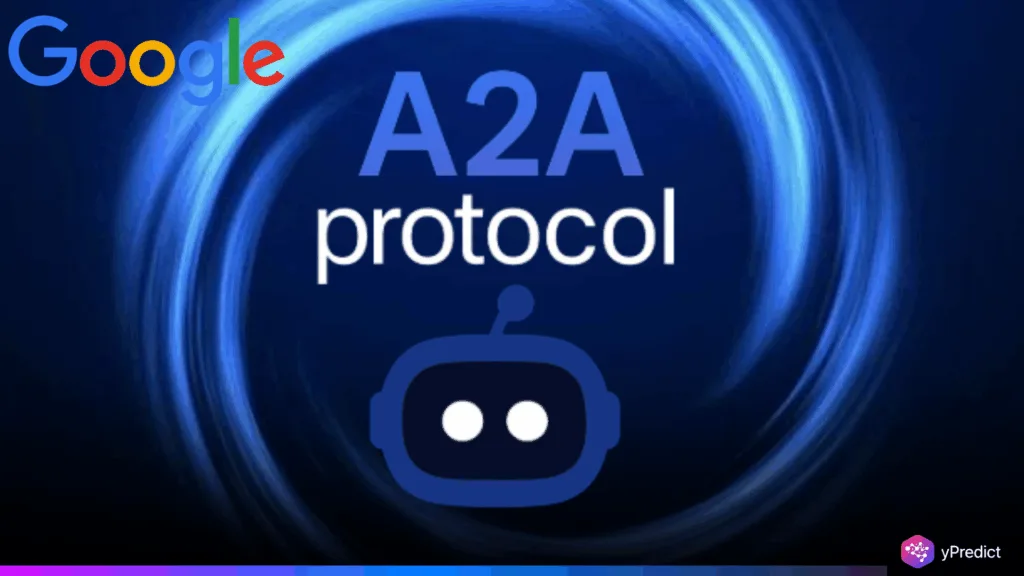
Google has transferred the Agent2Agent protocol to the Linux Foundation, marking a bold step toward collaborative AI systems. Initially introduced in April, the protocol enables cross-platform communication, discovery, and collaboration among AI agents. Additionally, this project has been positioned for widespread adoption with the help of AWS, Microsoft, Salesforce, and others.
By choosing to use the Linux Foundation’s reliable ecosystem, Google hopes to maintain the framework’s neutrality and promote open development. Furthermore, the move demonstrates Google’s goal to promote international cooperation by extending AI communication beyond its infrastructure.
Why AI Agents Must Learn to Work Together
Google created the Agent2Agent protocol to enable AI agents to operate in a variety of settings with ease. These environments consist of various frameworks, vendors, and systems. The protocol addresses the main issues of agent discovery, secure communication, and autonomous system coordination. Additionally, it opens the door for AI agents to function more autonomously while still being able to communicate with other systems.
Furthermore, more than 100 companies, including technology leaders such as SAP and ServiceNow, have joined the initiative. Their backing demonstrates the increasing need for AI interoperability in the industry. This movement reflects a shift away from siloed tools. Additionally, it encourages agent ecosystems that are modular, scalable, and have effective communication.
How Does the Agent2Agent Protocol Unite AI Developers?
The protocol includes tools and SDKs to facilitate developers’ integration. Its objective is to remove vendor lock-in and allow intelligent agents to collaborate across cloud platforms and infrastructures. In an AI-driven world, that is a significant advantage.
Jim Zemlin, executive director of the Linux Foundation, said, “By joining us, the Agent2Agent protocol gains long-term neutrality and collaboration.” Google stressed in its announcement the value of extensibility and shared open governance in scaling real-world agent solutions.
Google Cloud’s Rao Surapaneni elaborated on the goal, saying, “This open standard will power next-gen agent collaboration across systems.” For both contributors and interested developers, the A2A GitHub page is now operational.
Securing AI Interoperability for Smarter Agent Networks
The A2A project will now develop into a public standard through the Linux Foundation. Trust in multi-agent networks will be ensured by concentrating on important topics like agent identity, delegation, and security. Additionally, the objective is to enable the use of such capabilities in practical applications across various industries.
To help agents choose more wisely who to trust, the project will also investigate agent reputation systems in later iterations. This has implications for supply chain automation and healthcare AI assistants. By concentrating on AI interoperability, the industry can at last transition to scalable agent-based solutions. The Linux Foundation seeks to promote worldwide contributions and prevent vendor dominance by maintaining open governance. Additionally, the core of A2A’s new phase is that spirit of collaboration.
Final Thoughts
The transition of the Agent2Agent protocol to the Linux Foundation marks a key moment in AI’s journey toward openness. It helps users, developers, and businesses seeking more intelligent, secure, and integrated AI solutions. Therefore, with solid support and a bright future, A2A could become the standard for agent communication. This shift reflects a broader industry push toward shared AI standards. A2A has the potential to enable unprecedented levels of cross-sector agent collaboration in the upcoming years.





